PACLITAXEL - INJECTION
PHONETIC PRONUNCIATION: (pack-lih-TAX-el)
COMMON BRAND NAME(S): Onxol, Taxol
GENERIC NAME(S): paclitaxel
Uses
USES: Paclitaxel is used to treat various types of cancer. It is a cancer chemotherapy drug that works by slowing or stopping cancer cell growth.
How to use PACLITAXEL - INJECTION
HOW TO USE: Read the Patient Information Leaflet available from your pharmacist before you start using paclitaxel. If you have any questions, consult your doctor or pharmacist. This medication is given by injection into a vein by a health care professional. It is given on a schedule as directed by your doctor. Dosage is based on your medical condition, body size, and response to treatment.
Side Effects
Precautions
Interactions
Overdose
Images
Reviews
Warning
WARNING: Paclitaxel may rarely cause serious (rarely fatal) allergic reactions. Patients who experience a severe allergic reaction with this drug must never use it again. Your doctor may prescribe other medications (e.g., antihistamines, corticosteroids) to help prevent an allergic reaction. However, severe allergic reactions may still occur in a few patients. Seek immediate medical attention if you develop any signs of an allergic reaction such as rash, itching, swelling, severe dizziness, trouble breathing, or chest pain. This medication may often cause a serious blood disorder (decreased bone marrow function leading to a low number of white blood cells). This effect can lower your body's ability to fight an infection. Your doctor will monitor you closely and check your blood often during treatment. If your white blood cell count is too low, you should not receive this medication. Tell your doctor right away if you develop any signs of infection (e.g., fever, chills, cough, persistent sore throat, painful/difficult urination).
Disclaimer
IMPORTANT: HOW TO USE THIS INFORMATION: This is a summary and does NOT have all possible information about this product. This information does not assure that this product is safe, effective, or appropriate for you. This information is not individual medical advice and does not substitute for the advice of your health care professional. Always ask your health care professional for complete information about this product and your specific health needs.
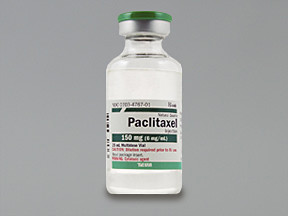
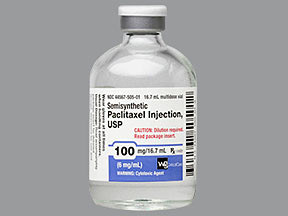
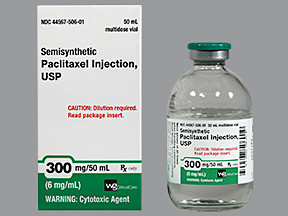
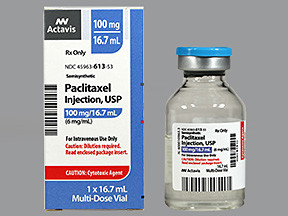
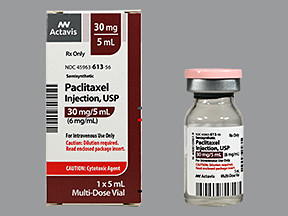
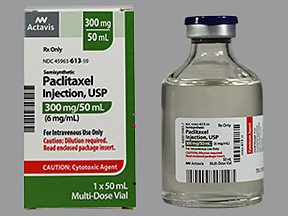

No Reviews Yet